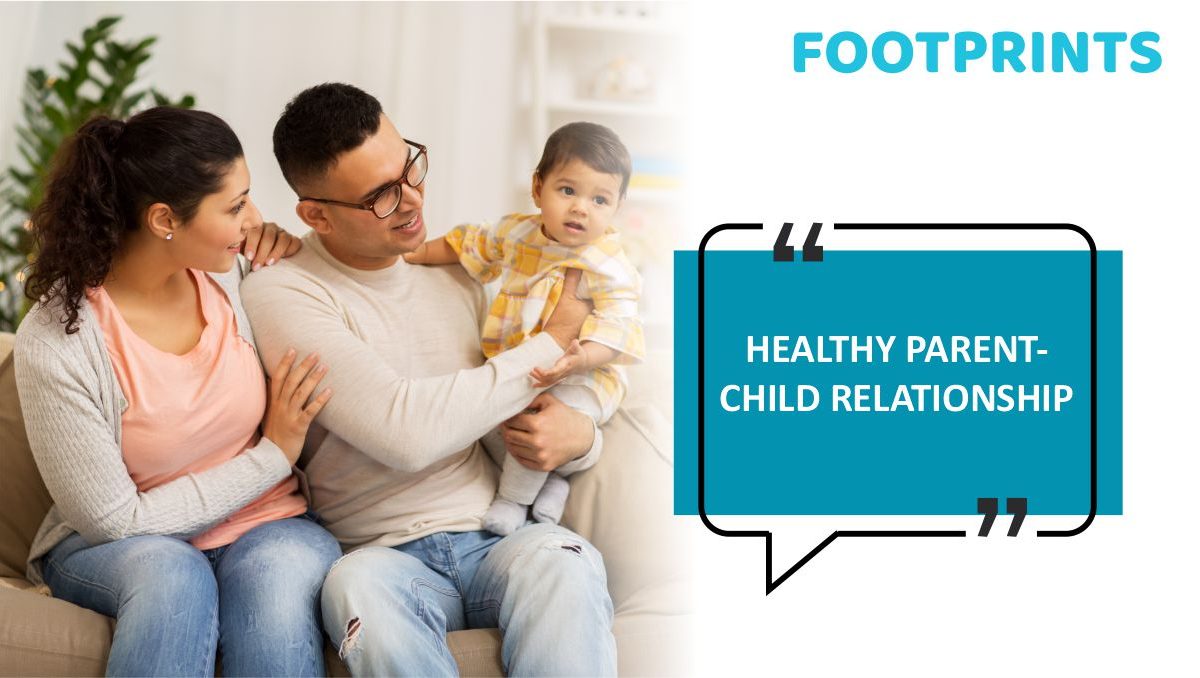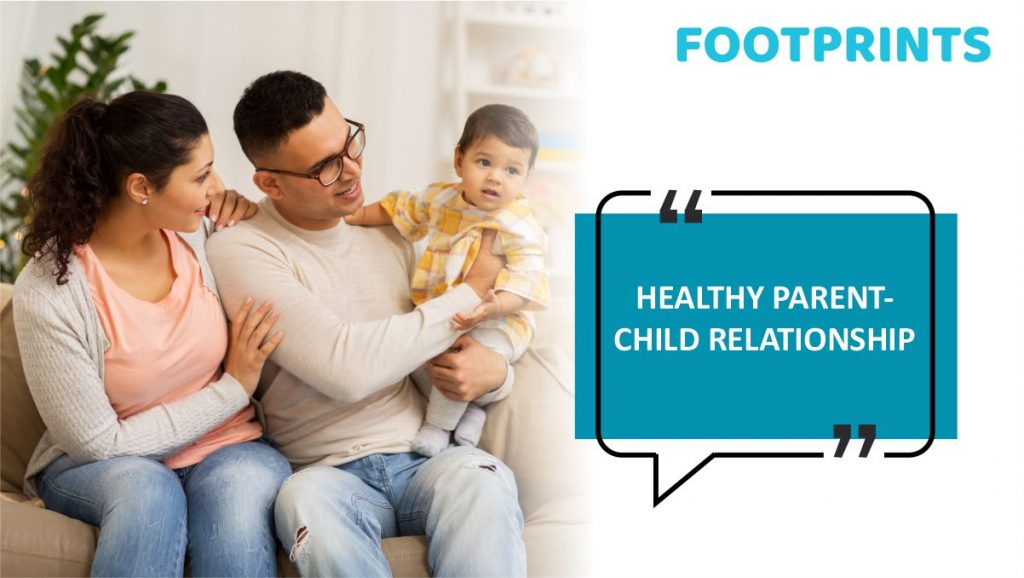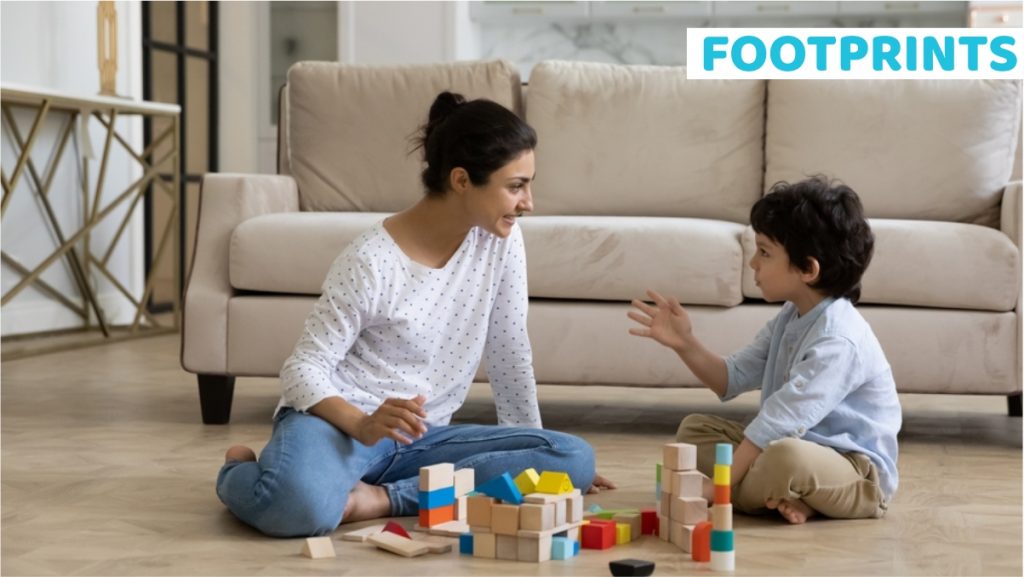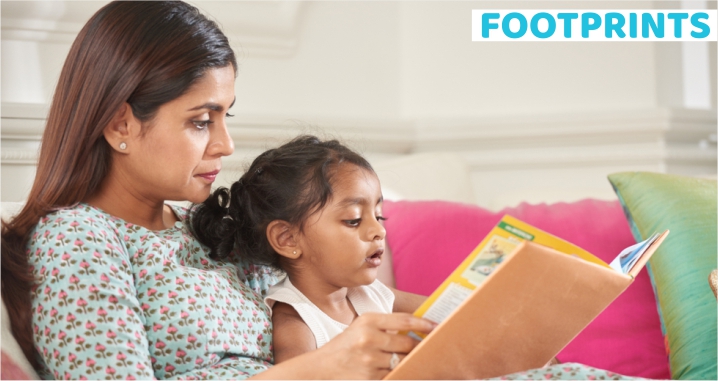

There is no doubt that being a parent is a difficult job. Sometimes, no matter how hard you try, you can’t win. Parenting can feel like a never-ending rollercoaster of disagreements, misunderstandings, and emotional turmoil. If this sounds familiar, you’re not alone. The truth is that many individuals wonder how to strengthen parent-child interactions. The bond you have with your child has a significant impact on everything else about your position as a parent. Strengthening a parent-child relationship is not always easy. Many people struggle to find methods to bond with their children, and some families may find it even more challenging due to generational gaps and other issues. As soon as a child is born, he starts to build an emotional connection with his caregivers, one that is based on trust. Whether it is his mother who feeds and cares for him or his father who plays with him and is always there for him, the child experiences people helping and understanding him. In turn, the child also learns to approach the world with care. It is through the relationships that children go on to build that they discover themselves and others.
While children have a propensity to connect with others, we must help them develop the necessary social skills to form healthy relationships. Wondering what you can do to nurture relationship-building skills in toddlers? This article will help you navigate the ways of building a strong relationship with your children.
Spend quality time with the child
First things first. To form healthy relationships with the outside world, the child needs to develop a healthy relationship with themselves. This involves creating a sense of self and healthy self-esteem. One of the ways to do this is to spend quality time with the child. A bane of modern life is that when we undertake a particular activity, we try to do multiple things simultaneously. It is crucial, however, to give the child your undivided attention. When you need to attend to daily chores, you can also involve the child in areas they can help with.
You must also take an interest in the child’s activities. In fact, spending time drawing or playing blocks with the child can be helpful in several ways. Not only will it help you form a bond with the child, but it will also offer you several coachable moments. For instance, the child will learn to take turns and more, which will become the foundation stone for building other relationships.
Allow them to express feelings
Expressing your feelings and acknowledging those of others is essential to developing an Emotional Quotient and relationship building. It is important, therefore, that you teach children to recognize their feelings early on. Children need to be equipped with age-appropriate emotional vocabulary so that they can put a name on their emotions. It is equally essential that the message you send out to the child is that all feelings are acceptable. For instance, we seem to place a taboo around boys crying and expressing their emotions. In fact, this harms them in more ways than one since they tend to keep their feelings bottled up for fear of being ridiculed. In turn, these bottled emotions can lead to toxic behavior.
Another message you need to send to the child is that while all emotions are acceptable, all methods of expression aren’t. So, if the child is angry about another child not playing with him and if he hits the child in anger, it is essential that you recognize that the child is angry but also tell him that hitting isn’t an acceptable action. Instead, you must equip the child with what he can do when angry. Think of counting to ten, drawing, running, and more. Accepting the child’s feelings without ridiculing them can also make sure that the child shares those feelings with you.
Sure enough, a child who is in touch with their emotions and knows healthy ways to express them will be in a far better place to form healthy relationships.
Offer opportunities to interact
It is important that the child spends time with other children to learn things such as sharing, taking turns, or resolving conflicts. Ensure, therefore, that the child gets to interact with other children over play dates. For young children, shorter play dates work well, while older children may need more time together.
While it may be extremely tempting to intervene to resolve conflicts during these interactions, it works far better to let the child resolve them unless, of course, you sense a crisis.
You can also offer helpful cues to the child by directing him to turn to peers for help, encouraging them to work together, and more. If you sense that the child has been unfair to another child, it will help to have a conversation with him, asking him, for instance, how the other child must have felt when you refused to share your toy. Assisting the children to look at things from the other person’s perspective can be an essential life skill that will help them in life.

Supporting sibling relationships
Nothing is quite as heart wrenching as seeing sibling relationships turn sour. Yet, this is a sight we are often confronted with in modern times. The good news, however, is that parents can play a key role in nurturing a good sibling relationship and reducing sibling rivalry.
It will help you to encourage activities that require working together as a team. Additionally, children need to be taught early to work out conflicts respectfully. Building their listening skills, teaching them to appreciate each other’s differences, and focusing on family time are all ways to safeguard this precious relationship. It is also important for parents not to indulge in any comparisons between their children but instead to appreciate the differences.
To Sum Up
Healthy relationships are indeed the foundation stones of a happy life. What is important to understand is that the foundation stones of building a healthy parent-child relationship are laid early.
At Footprints, a pan-India chain of play schools and creches, we follow the scientifically developed HighScope Curriculum, where teachers support early learners in interacting with adults and peers. Some of the strategies for supporting interactions include:
- Sharing control with children
- Scaffolding their play
- Using a problem-solving approach to resolve conflicts and more.
Here’s to raising a generation of learners who develop emotionally and form lasting relationships!

Amita is an experienced educator with over 30 years of experience. She has an outstanding understanding of child development, having worked with various age groups for prestigious businesses. She has been dedicated to handling Footprints’s Curriculum and Delivery department for the past decade. Amita’s credentials include being one of India’s few HighScope Curriculum certified trainers and volunteering as a course leader for Landmark Education, the world’s largest training firm.


